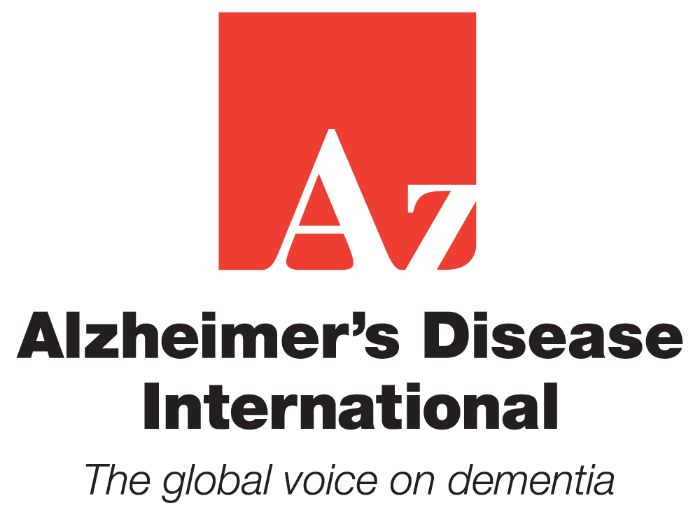Every September is World Alzheimer’s Month. Launched by Alzheimer’s Disease International, or ADI, four years ago, World Alzheimer’s Month was ignited to encourage people to learn about dementia and to remember loved ones who are living with or have died from the disease. The theme for this year’s World Alzheimer’s Month is “Remember Me.”
Alzheimer’s disease is the most common cause of dementia. Every four seconds, someone around the world is diagnosed with dementia. Today, an estimated 44 million people are affected, with the greatest portion of dementia patients living in developing countries. Estimates suggest that another 60 to 90 percent live with symptoms but remain undiagnosed.
According to a July 2015 presentation given by an Alzheimer’s expert in the District of Columbia, as many as 90 percent of dementia patients are from lower-income areas. By 2050, due to an aging global population, that number will triple to 135 million unless there’s a cure.
The term “dementia” is used to describe different brain disorders that affect memory, thinking, behavior and emotion. Early symptoms of dementia can include memory loss, difficulty performing familiar tasks, problems with language, and changes in personality.
Every person is unique and dementia affects people differently – no two people will have symptoms that develop in exactly the same way. An individual’s personality, general health, and social situation are all important factors in determining the impact of dementia on him or her.
Symptoms vary between Alzheimer’s disease and other types of dementia, but there are similarities between them all. The most common signs are memory loss and the loss of practical abilities, which can lead to withdrawal from work or social activities. If you think that these problems are affecting your daily life, or the life of someone you know, you should talk to your doctor, or encourage them to talk to theirs.
Declining memory, especially short-term memory, is the most common early symptom of dementia. For example, they may briefly forget their next-door neighbour’s name but they still know the person they are talking to is their next-door neighbour. A person with dementia will not only forget their neighbor’s name but also the context.
They may also have difficulty performing familiar tasks, those that are so familiar we usually do not think about how to do them. For example, a person with dementia may not know in what order to put clothes on or the steps for preparing a meal.
Other symptoms include problems with language, spacial or chronological disorientation, misplacing things in unusual places, changes in mood or behavior, or even changes in personality. If you are experiencing any of these symptoms or are concerned about a friend or relative, visit your doctor and discuss your concerns.
There is currently no cure for dementia, but a range of support is available for people with dementia and their caregivers. Alzheimer associations provide information and support and can advise you of any services available in your area, as well as answer any specific questions you may have. If you or a loved one is looked for Alzheimer’s care in Chicago, visit our website to see the in-home services we offer.




